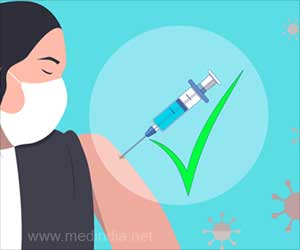SGPGI director Prof. R.K. Dhiman said: “Uncontrolled diabetes is the most common risk factor for acquiring this infection. These fungal spores are present in the air, soil and on decomposed debris and gain entry into sinuses and lungs by breathing contaminated air. Covid-19 patients with uncontrolled diabetes, undergoing treatment with steroids, are at heightened risk of the infection.”
‘Mucormycosis is an uncommon, opportunistic invasive fungal infection which occurs in immune-suppressed patients. ’
The infection can be successfully managed and treated with a multi-disciplinary approach and the role of microbiologist, ENT specialist, ophthalmologist and diabetologist is crucial to achieve successful results, he said.
Meanwhile, nine more cases of black fungus infection were reported at King George’s Medical University (KGMU) on Saturday taking the tally to 17 since March.
Among the nine cases, three patients have been referred from other hospitals after being diagnosed with the black fungus infection, while five developed the complication at their homes.
One patient developed symptoms during treatment at the IDH ward of KGMU.
With these nine new cases, the number of mucormycosis patients undergoing treatment at KGMU has gone up to 13.
Of these, seven also have Covid, while others had recovered from the novel coronavirus infection and are admitted in the post-Covid ward, including one in intensive care unit, for black fungus treatment.
KGMU spokesperson Dr. Sudhir Singh said that barring the patient in ICU, all others are stable.
The patient in ICU has undergone a surgery in which ENT experts removed all the dead tissue.
Source: IANS



